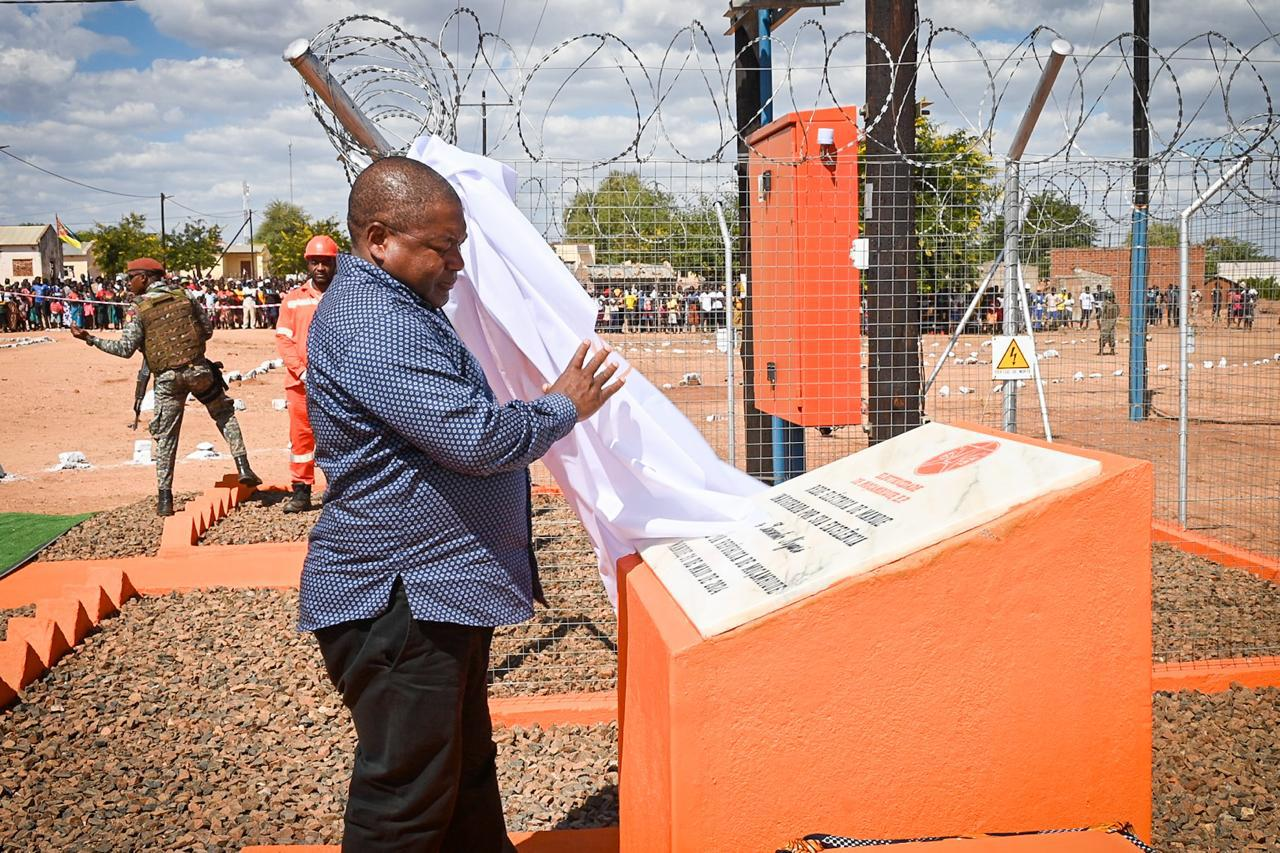Hello, and welcome to Zitamar's free weekly newsletter, looking back at last week and ahead at the week to come.
The past week saw the resident representative of the International Monetary Fund kick off a lively debate about the right level of public spending in Mozambique. The IMF has told the government, in fact, that it will withhold the next instalment of funding for Mozambique if it doesn't see solid commitments to get the public sector wage bill under control.
Zitamar's leader article on Thursday put forward the view that there's nothing necessarily wrong with the size of Mozambique's wage bill, even if it does come to three quarters of the country's tax receipts. The government of a country at Mozambique's stage of development should be spending more money into the economy than it is taking out. Policymakers need to ensure that spending does not cause runaway inflation, but the money can and should be found to pay for things that can be produced domestically, particularly given the huge levels of un- and underemployment in Mozambique.
Of course, Mozambique does also need some things that aren't produced domestically, and printing more meticais won't solve that issue. Another story in the news last week is the long-running outstanding debt that the government has to fuel traders, who have been forced to sell petrol and diesel below market rates, on the promise that the government will make up the difference.
The government is now apparently dealing with that debt, but the issue demonstrates the importance of fuel sovereignty, if it's possible to achieve. Mozambique has tried before with initiatives to grow biofuels, and indeed some such initiatives are currently ongoing; but Mozambique also produces gas, which can be used to fuel vehicles. Autogás, the main company operating in that field in Mozambique, last week announced big reductions in the price of converting vehicles to run on gas rather than liquid fuels. But government incentives will also be needed if a major shift is to take place.
Of course Mozambique has other domestic energy sources, and has a huge number of power generation projects — including renewable energy — in the planning stages. In the future, perhaps this will also reduce the need for fuel imports, if and when the country's transport fleet is electrified. But that must be some way off for now, and before then, Mozambique is likely to become a net fossil fuel exporter, if and when the major gas projects in Cabo Delgado get up and running.
Most of these topics can expect to get an airing when Frelimo's presidential candidate Daniel Chapo meets with Mozambican economists in Maputo this Wednesday. Chapo is acting like Mozambique's president in waiting, and realistically that is what he is — but he may not have everything his own way.
On Tuesday, Venâncio Mondlane, the frustrated candidate for the Renamo leadership, is expected to submit his candidacy for the presidential election at the head of a party, or grouping, going by the acronym CAD. If the bureaucratic hurdles can be cleared, Mondlane could cause a real stir at the election in October, as he is a charismatic operator with wide support across the country. It's still almost impossible to see anyone other than Frelimo winning, but Mondlane's participation will inject a lot more interest into the competition.
Have a great week, and stay with Zitamar News to guide you through developments in Mozambique.
Week in Review
Monday
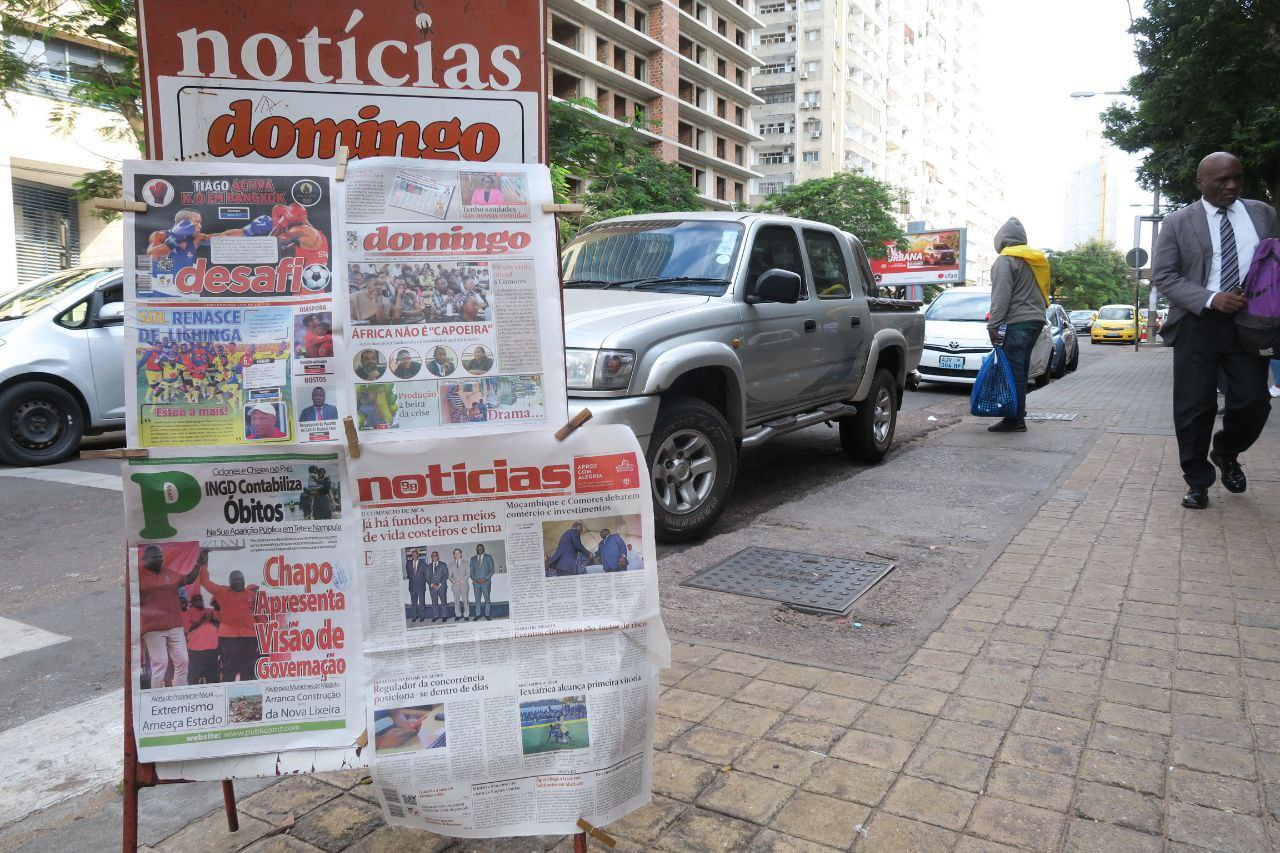
While the controversy over heavy sands mining in Gaza is justified, the amount of attention drawn to it in the Mozambican media contrasts sharply with the lack of mention of the same industry in Nampula and on the coast of Zambézia province, where the environmental damage has been worse. It has been left to NGOs like the CIP or Amnesty International to publicise the abuses in those parts. Between the densely populated south and the more resource-rich Cabo Delgado, Nampula and Zambézia are remote from the capital Maputo, and away from popular tourist destinations. Journalists and well-connected people have little reason to go there, and the damage suffered by local people and wildlife goes largely unchallenged.
Tuesday
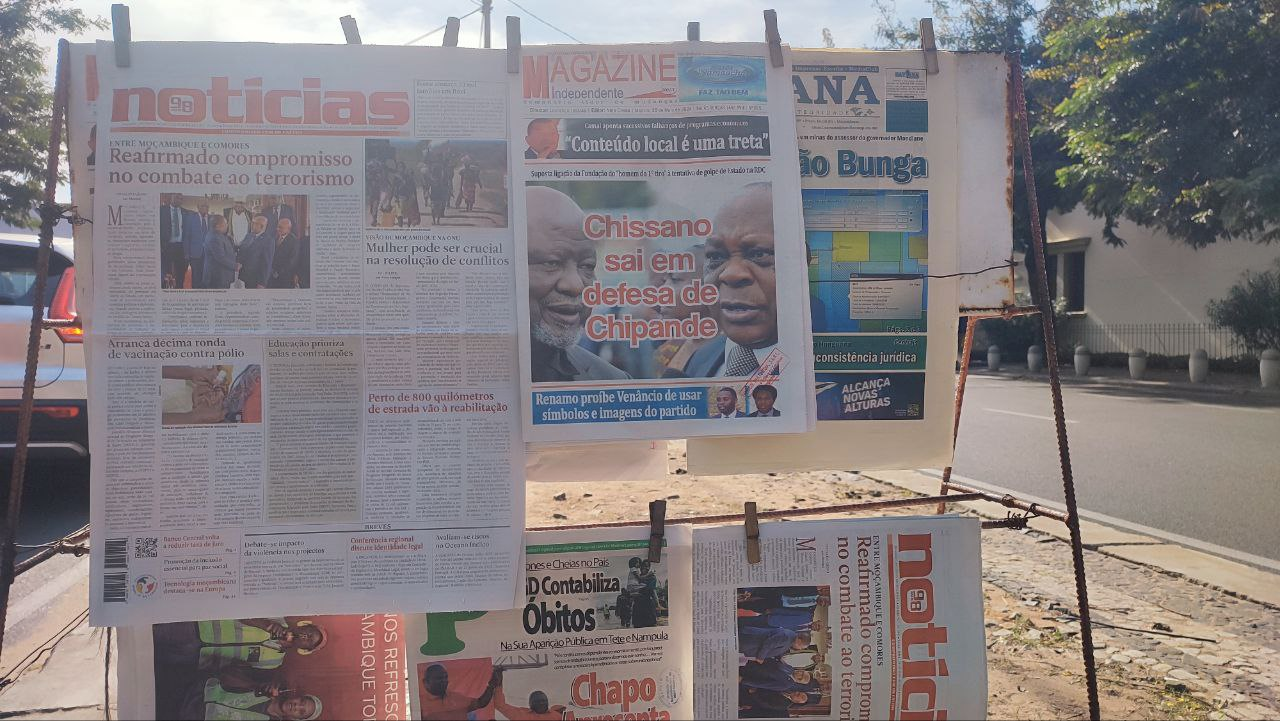
Ossufo Momade, leader of main opposition party Renamo, shows no sign of being relaxed about his control of the party. Now it emerges that the party’s new National Council, whose names were drawn up by Momade and approved by the party congress, includes his wife, son and sister. Renamo already looks set to do badly in October’s elections, having chosen to re-elect the ineffective Momade instead of a leader with wider appeal who could attract more support as a presidential candidate. This revelation will not help.
Wednesday
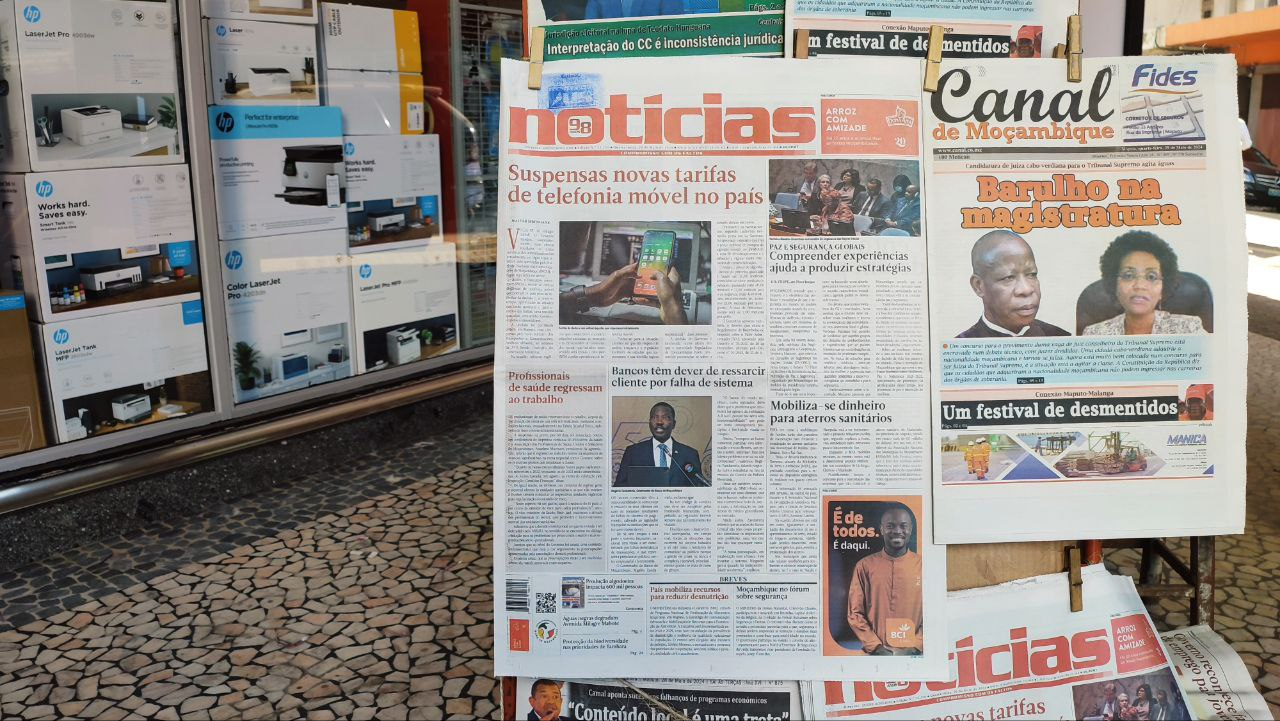
Although the INCM has been hopeless in explaining and defending the tariff changes, it has become clear that it decided to implement the change out of concern at dumping. Zitamar understands that Movitel, one of the three main mobile network operators in the country, is said to be deliberately selling its services below cost price in order to drive out competition. This is extraordinary considering that SPI, the holding company used by Frelimo to manage its company shareholdings, has a stake in Movitel. Once again, Frelimo’s business interests are a stain on its reputation.
Thursday
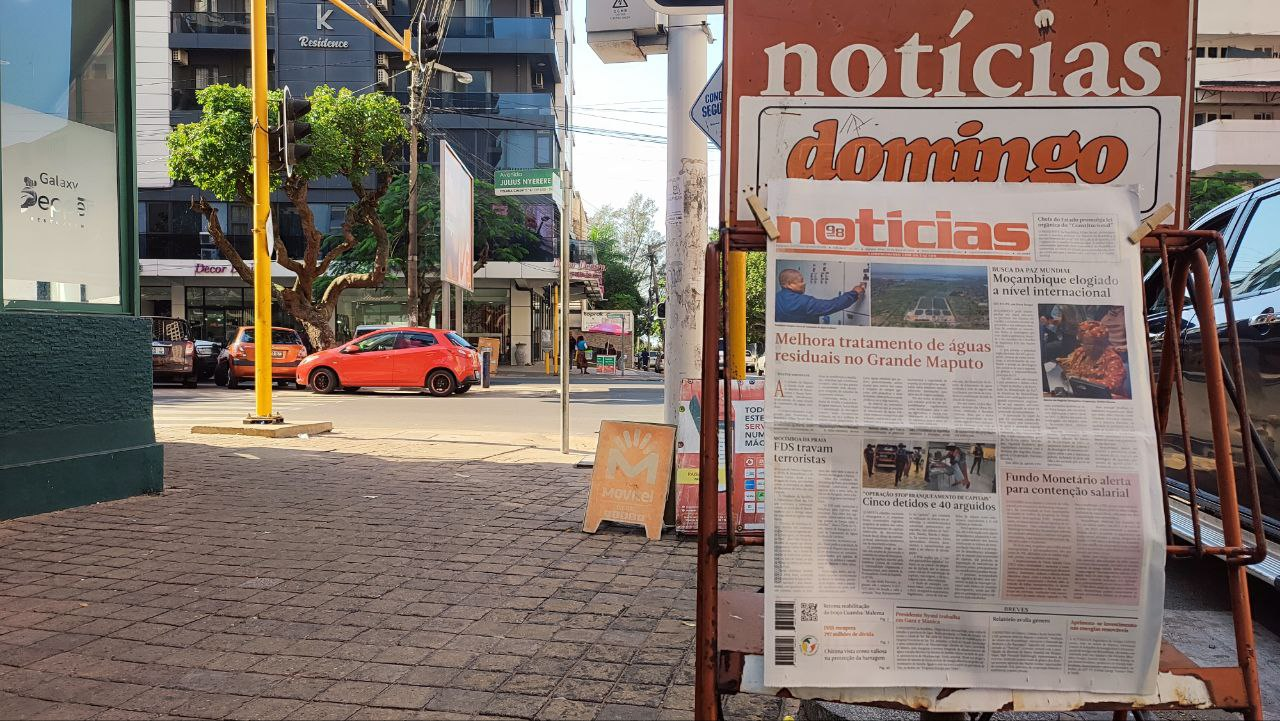
If there is spare capacity in the economy — if people could produce more, to meet higher demand — then it will lead to economic growth. So even if the vast majority of public spending is just going to 3% of the population, if those public servants have more money to spend at the market, at the take-away stand, on employing domestic staff, on building a house, that helps provide employment in the rest of the economy.
Public sector salaries may well need reform and rationalisation, for other reasons. But austerity from the public sector would only lead to further poverty and hardship in the country.
Friday
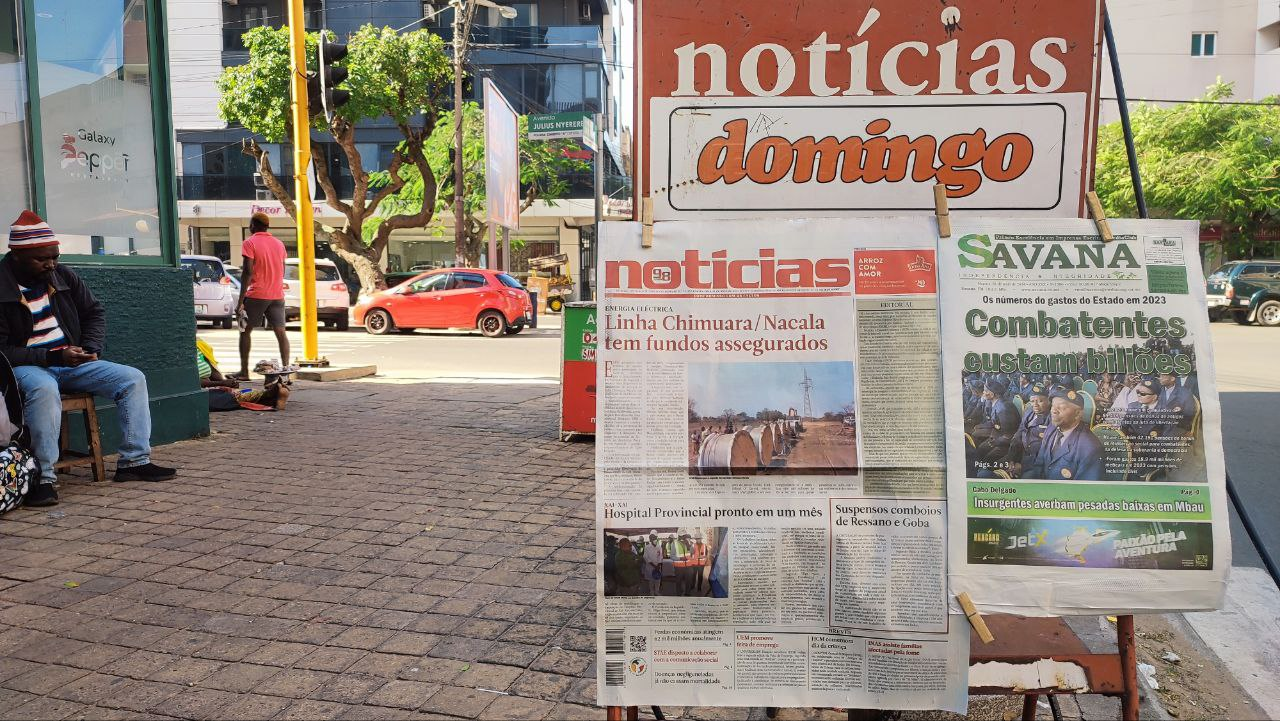
Some importers have already been fully reimbursed, aided by a fall in the price of imported fuel to below market prices in Mozambique. Hopefully the debts will be wiped out in a matter of months — assuming, that is, that fuel prices do not shoot up again. With the International Monetary Fund breathing down the government’s neck and threatening to withhold the next instalment of its loan, ministers cannot afford another unexpected economic shock.

